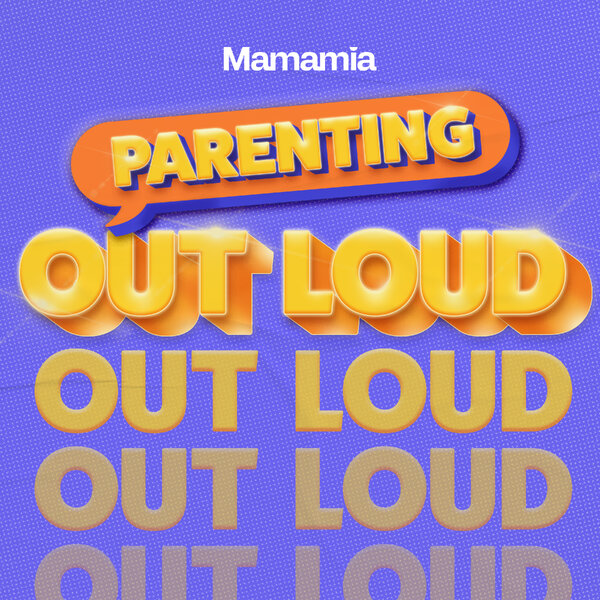
On their first date, Jane* and her partner fell in love over cooking. They bonded over spices, argued over flavours, and waxed poetic over aromas.
They would go on to share many more meals in their years together; some home-cooked, but most over a restaurant candlelight.
That was before. But when Jane's doctor prescribed her a GLP-1 medication to manage her diabetes, everything changed.
Suddenly, her portions became smaller, her enthusiasm for spices and aromas waned, and candlelight dinners grew seldom.
"GLP-1 medications are essentially a synthetic version of a hormone our gut releases after we eat, called Incretins, which tells us we're full," said endocrinologist Dr Isobelle Smith, who specialises in diabetes, obesity and metabolic health, as well as osteoporosis.
Watch: How do drugs like Ozempic work? Post continues below.
Drugs like Ozempic, which have become ubiquitous with Hollywood stars, stimulate insulin production in the pancreas, slow down the digestion process, and reduce appetite, which can lead to weight loss.
"Dinnertime now looks different, because I'm just not as hungry as I used to be," Jane told Mamamia. "It took me and my husband a while to adjust, to be honest, but he is the most supportive guy ever, especially considering I'm healthier than I've ever been."




























































































